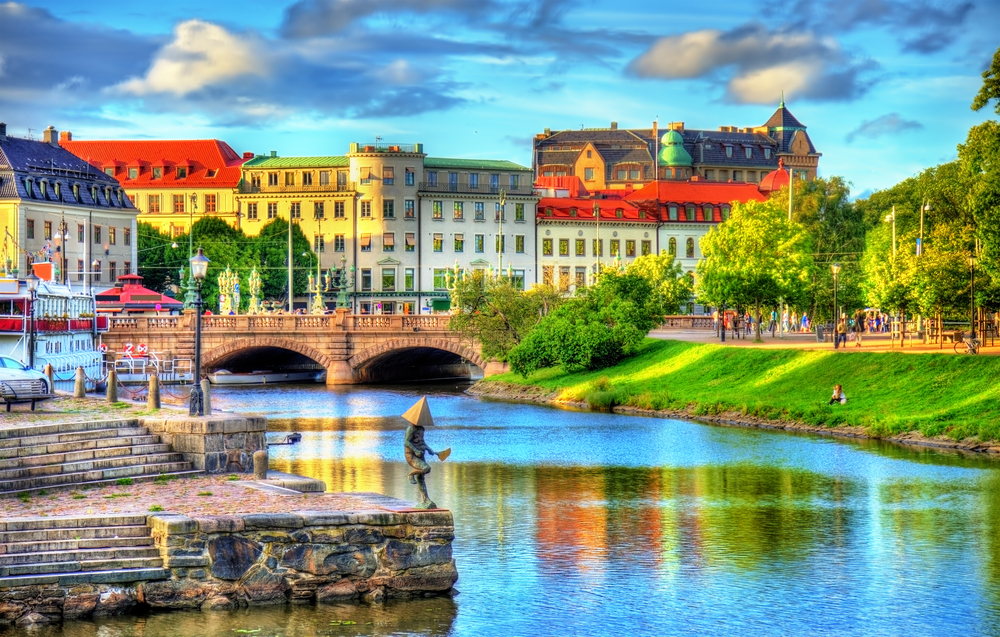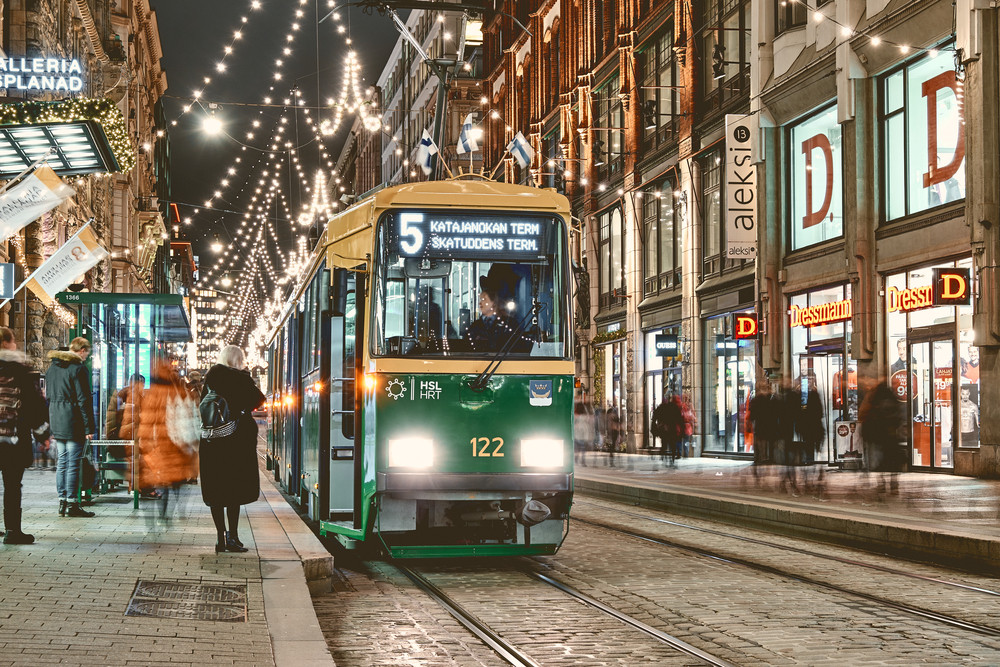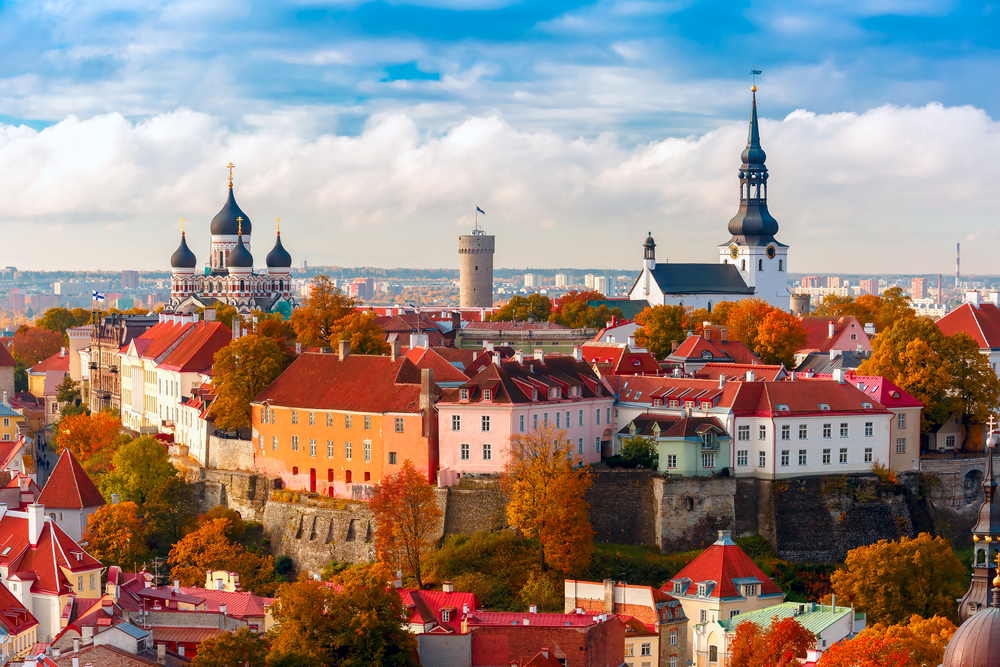On February 27th, Scotland took a huge leap toward becoming the first country in the world to make feminine hygiene products — AKA, tampons and pads— free to anyone who needs them.
The groundbreaking Period Products (Free Provision) (Scotland) Bill passed through the first of three stages in the Scottish Parliament by a vote of 112-0.
To celebrate, we dug through our expert guides and compiled a list of 7 counties that are making huge strides toward gender equality in 2020:
Denmark

This progressive Scandinavian country has an earnings-based daycare system and one of the most flexible parental leave policies in Europe. In U.S News’ 2019 ranking of the best countries around the globe, Denmark scored a whopping 9.4 in human rights and a 9.1 in gender equality.
Sweden

According to an article published by The New York Times in 2019, women in Sweden now represent 46% of the parliament and 50% of the government’s cabinet.
On top of that, nearly two-thirds of university degrees are earned by women, and around three months of leave are given to each parent during parental leave.
Finland

Finland has a public childcare system and provides school children with meals, making it much easier for both parents to work full-time.
The icing on the cake is parental leave, which is 263 days. And we’re talking paid leave. In Finland, both parents usually work, with roughly 83% of women active in the workforce.
Scotland

Thanks to the Period Products (Free Provision) (Scotland) Bill, Scotland joined the ranks as one of the most progressive countries in the world for gender equality.
“For some reason, period products are regarded by some as a luxury, a luxury for which women should be charged,” Alison Johnstone, a member of parliament, said during a debate. “Why is it in 2020 that toilet paper is seen as a necessity but period products aren’t?”
Even better, Lennon also acknowledged those who are transgender and non-binary, adding that the bill was designed to be inclusive of everyone who menstruates.
Canada

Leading the pack on the fight for accessible menstrual products is Canada: the first country to stop taxing tampons and pads.
While Canada cares about their nation, their sights are set on changing the game on a global level. Canada has worked to make women’s human rights a strong focus of the United Nations with the Commission on the Status of Women and Human Rights Council. In 2002, Canada ratified the Optional Protocol to the Convention on the Elimination of All Forms of Discrimination against Women, which was officially adopted by the UN General Assembly in 2000.
Norway

Coming in third out of 144 countries in the World Economic Forum’s Global Gender Gap Report 2016, Norway is known for their generous maternity leave policies.
In 2016, the government launched an action plan to promote equality, empowerment, and opportunities. The action’s plans objectives include inclusive and equitable education, equal participation in politics, full economic rights, the elimination of violence, and sexual and reproductive health and rights.
Estonia

In June 2016, Estonia adopted the Welfare Development Plan for 2016–2023, with a gender equality sub-goal that targets issues of equal economic independence of women and men, gender pay gap, balanced participation, negative impact of gender stereotypes, rights protection and institutional capacity.
Today, Estonia has the highest number of female entrepreneurs and the highest percentage of higher-educated women in the world.